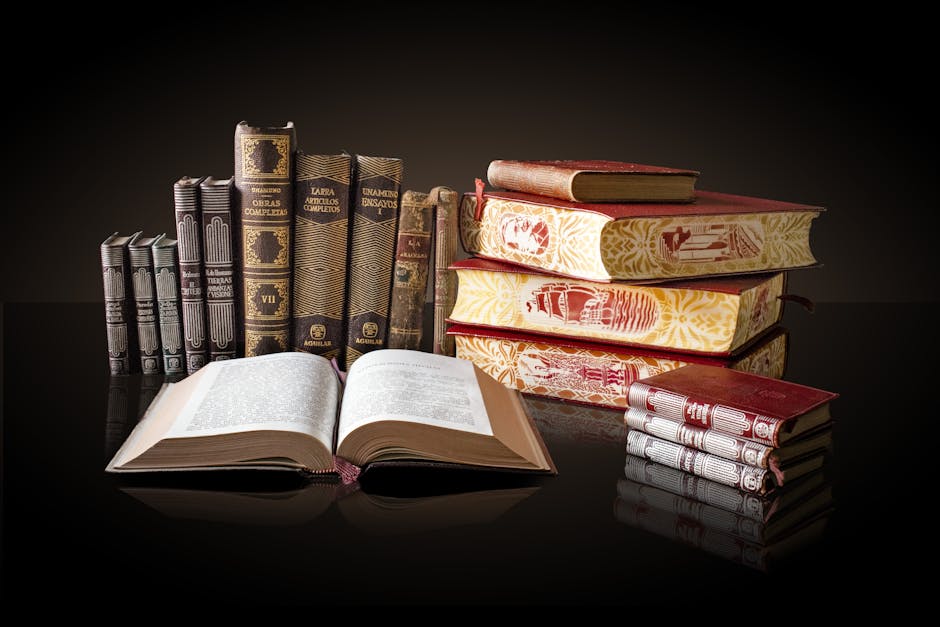Early forms of literature often served as repositories of cultural memory and moral instruction. Ancient Greek epics, such as Homer’s *Iliad* and *Odyssey*, not only entertained but also conveyed prevailing societal values regarding heroism, honor, and the divine. These narratives, while mythical in nature, mirrored the social structures and power dynamics of their time, highlighting the importance of kinship ties, warrior culture, and patriarchal authority. Similarly, religious texts like the Bible profoundly influenced social norms across vast swathes of the globe, shaping ethical frameworks, legal systems, and social hierarchies for centuries. The impact of these foundational texts on societal values and moral compass remains undeniable.
The rise of the novel in the 18th and 19th centuries coincided with significant societal upheaval, particularly the Enlightenment and the Industrial Revolution. Authors like Jane Austen skillfully depicted the changing social landscape of England, exploring class structures, courtship rituals, and the limitations imposed upon women. *Pride and Prejudice*, for example, reflects the anxieties surrounding social mobility and the constraints placed on women’s choices within a rigid hierarchical system. Similarly, Charles Dickens’s works, such as *Oliver Twist* and *Bleak House*, powerfully illustrated the stark realities of poverty and social injustice brought about by rapid industrialization, exposing the deplorable conditions in workhouses and the vast chasm between the wealthy elite and the impoverished masses. These novels did more than merely reflect societal ills; they served as potent critiques, prompting social reform movements.
The 20th century witnessed a surge in literary experimentation, mirroring the fragmentation and uncertainty of the era. Modernist authors like Virginia Woolf and James Joyce employed stream-of-consciousness techniques and fragmented narratives to capture the psychological complexities of individuals grappling with the aftermath of World War I and the rapid pace of societal change. Woolf’s *Mrs. Dalloway* poignantly portrays the inner lives of characters navigating the trauma of war and the shifting social roles of women in post-war society. The disillusionment and existential angst that characterized the modernist period found its expression in the literary forms themselves, signifying a break from traditional narrative structures and reflecting a broader questioning of established norms.
Postmodern literature, emerging in the latter half of the 20th century, further challenged conventional narrative structures and perspectives. Authors like Thomas Pynchon and Don DeLillo employed metafiction, irony, and pastiche to explore the themes of consumerism, globalization, and the erosion of truth in a rapidly changing world. Their works reflect the anxieties surrounding mass media, technological advancements, and the increasingly complex realities of a globalized society. The fragmentation and ambiguity characteristic of postmodern narratives mirror the fractured nature of experience in a world increasingly dominated by technology and mass communication.
Furthermore, literature has played a significant role in reflecting and shaping discussions surrounding social movements. The Harlem Renaissance, for instance, saw the emergence of African American writers who used literature to challenge racial prejudice and celebrate Black culture. Authors like Langston Hughes and Zora Neale Hurston gave voice to the experiences and perspectives of a marginalized community, helping to shape the discourse surrounding civil rights and racial equality. Similarly, feminist literature has played a vital role in challenging patriarchal structures and advocating for gender equality. Authors like Simone de Beauvoir and Betty Friedan explored the social and psychological limitations placed upon women, contributing significantly to the feminist movement. LGBTQ+ literature has similarly served as a platform for voicing experiences, challenging societal norms, and promoting inclusivity.
Contemporary literature continues to reflect the complexities of the 21st century. Themes of globalization, climate change, technological advancements, and political polarization are central to many recent works. Authors grapple with the ethical implications of artificial intelligence, explore the consequences of environmental degradation, and question the very nature of identity in an increasingly interconnected world. The rise of diverse voices and perspectives within contemporary literature reflects a broader societal shift towards greater inclusivity and recognition of diverse experiences.
In conclusion, literature’s capacity to reflect societal change is undeniable. Across diverse genres and historical periods, writers have consistently engaged with the prevailing social, political, and economic forces of their time, offering nuanced perspectives and shaping public discourse. From ancient epics to contemporary novels, literature acts as a powerful lens through which we can understand the evolution of societies, the struggles of marginalized groups, and the ongoing negotiation of human values in a constantly evolving world. Its enduring power lies in its ability to both reflect and shape our understanding of the world around us, making it an essential tool for comprehending the human experience across time and cultures.
